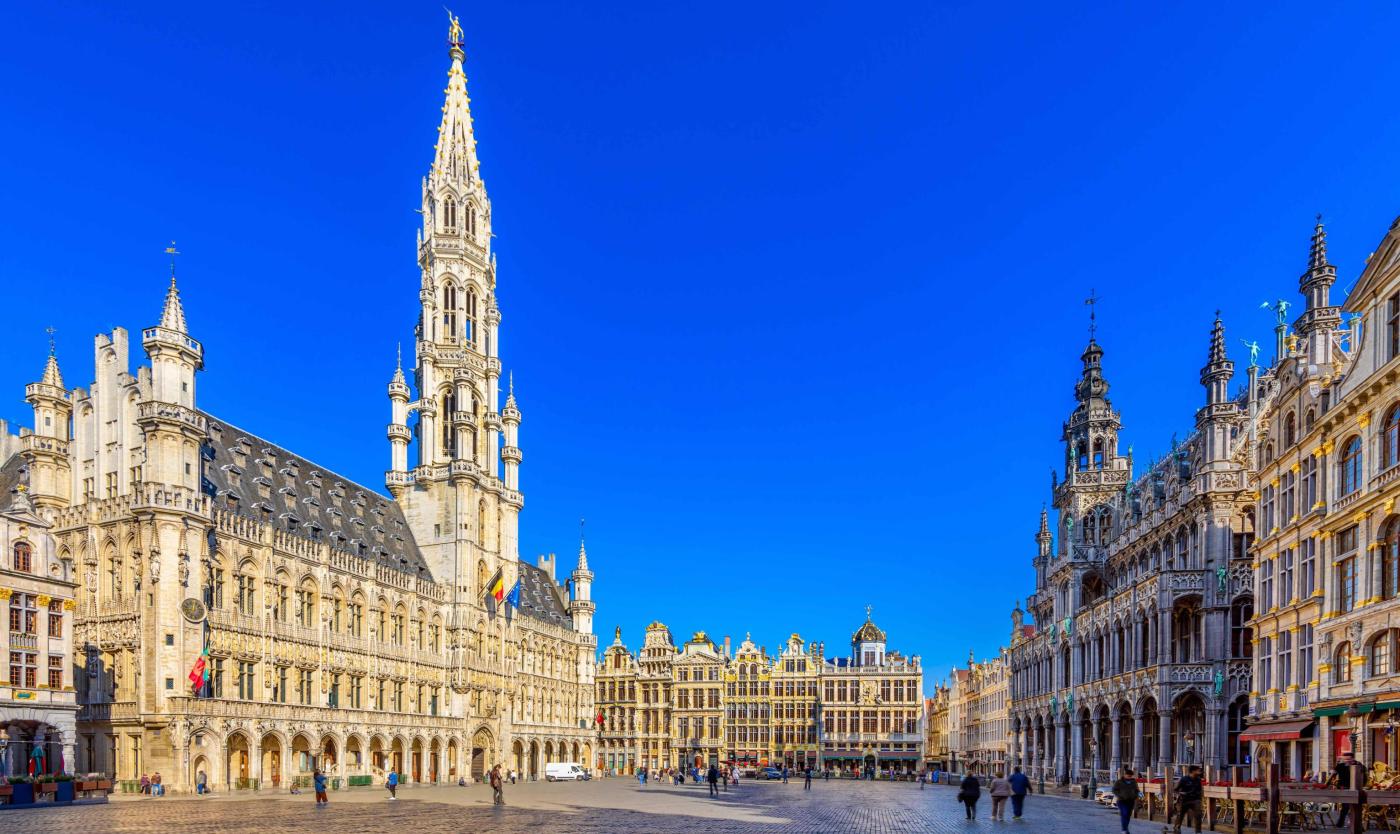Transdisciplinary research
To dissect today's complex challenges, we are increasingly taking a transdisciplinary approach to our research. We accelerate the sustainability transition by breaking down the traditional barriers between the different research domains and bringing together knowledge from different faculties and disciplines. Thus, we broaden our view of the challenges and possible solutions.
The Make Up of the City
Experts in urban history, archaeology, bio-geochemistry, and human anatomy put their heads together in the interdisciplinary research programme The Make Up of the City. Together, they are developing a unique platform that studies how urban societies functioned and evolved between 1000 and 1800. The programme focuses on Ypres, which was one of the largest urban centres in Europe at the time. We will continue to apply this transdisciplinary approach to research into other cities and other periods of history in the future. This will provide valuable information for future city models.
Participatory research
To keep our finger on the pulse of society, we apply participatory research methods. We connect with our environment through citizen science projects, where city dwellers, for example, help carry out environmental measurements.
But we go further than simply collecting data. We consult with our target group to identify their research needs and perspectives. To this end, we set up campaigns, workshops, and focus groups with stakeholders. Our researchers engage with young people to design the urban waste collection of the future. We work with artists to think out of the box about societal challenges. We involve foresters in ecological studies. In this way, we actively bring expertise from society into our scientific research.

The Unthinkable Experiment
With the Unthinkable Experiment, artist Koen Vanmechelen, the ULB, and VUB are joining forces. In the first phase of the experiment, 30 young people will be invited to a three-day meeting to reflect on the future. In 3 'knowledge containers' - beautifully decorated works of art - they will set to work with their ideas, questions, and reflections. ‘Thinking outside the box while being in the box‘, Koen Vanmechelen calls it. In a subsequent phase, a transdisciplinary team will study the answers that emerge from this experiment. The aim is to gain new insights about change, improvement, and growth in the future.
The Science Shop
Through the Science Shop, VUB offers non-profit organisations support in the form of scientific research. At the same time, our students are given the opportunity to study a socially relevant research question in cooperation with the organisation and under the guidance of an experienced researcher. And since the organisation will actually use the results, students experience how relevant and meaningful research can be. The result of the study is therefore a clear win-win.

Living Labs
We are passionate about placing our knowledge and expertise at the service of society, of our capital city, of the people who live there. We consider being in Brussels a privilege and a unique opportunity: our campuses and the city are living laboratories for designing the solutions of the future. The interaction between our university, Brussels and the people of Brussels creates a hotspot of opportunities for education, research, innovation, and internationalisation. To place our knowledge and expertise at the service of society even further, we help our researchers start Living Labs from the bottom-up and from their own experiences and expertise.
A student residence as a Living Lab
A series of student residences on the VUB Main Campus in Elsene, designed by architect Willy Van Der Meeren, serve as a living laboratory for research into innovative renovation strategies. Researchers will take aspects such as energy, heritage, sustainability and economy into account in the renovation. They will then analyse the results and weigh all aspects against each other to develop an optimal approach. The residences are an example for other renovation projects, both on university campuses and in the rest of Brussels.